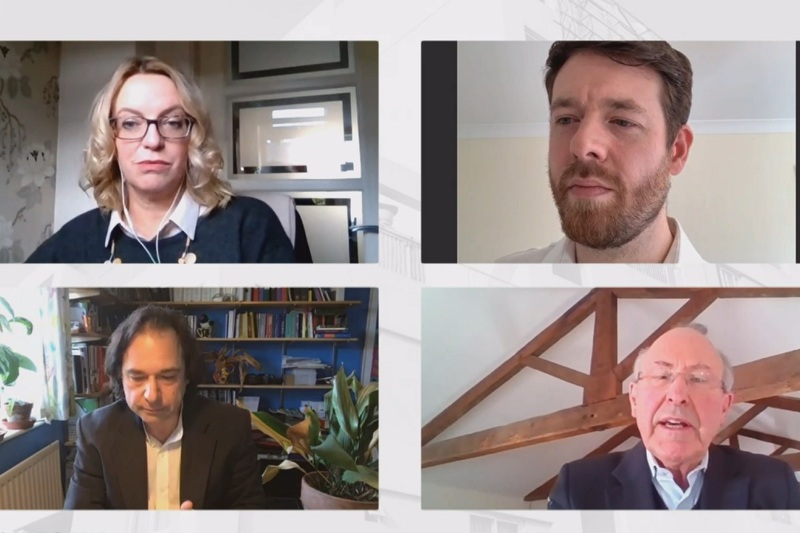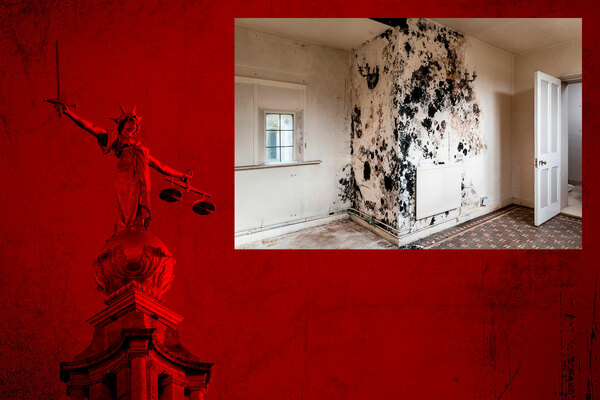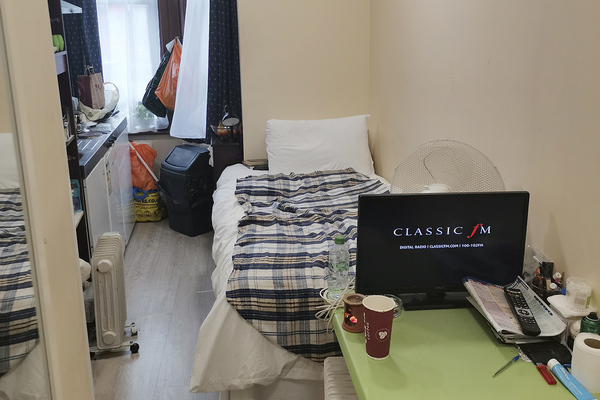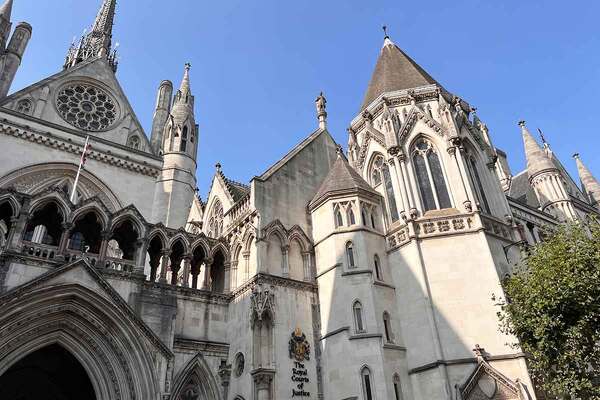You are viewing 1 of your 1 free articles
‘No win, no fee’ lawyers targeting tenants of ‘soft touch’ social landlords
Social housing tenants are being targeted by unscrupulous lawyers seeking to profit from new legislation intended to raise standards in rented homes, experts have warned.

Solicitors are knocking on front doors across social housing estates telling tenants not to allow their landlords to carry out repairs and then pursue a claim under the Homes (Fitness for Human Habitation) Act 2018 on a “no win, no fee” basis.
Lord Best, chair of the Affordable Housing Commission, said councils and housing associations are seen as a “soft target” because their tenants can be seen by these firms as “gullible” and “sometimes lazy”.
In contrast, he added, the legislation has had “very little impact” in the private rented sector because tenants fear retaliation from landlords, who also may not be able to afford compensation pay outs.
“We’ve got to fight back and not allow unfair cases to proceed in the social housing sector, while in the private rented sector very little is happening at all,” said Lord Best.
The Homes (Fitness for Human Habitation) Act 2018 adds hazards listed in the government’s housing health and safety rating system (HHSRS) to requirements set out in the Landlord and Tenant Act 1985, making it easier for renters to take legal action for a wider range of disrepair issues.
It came into force for new tenancies in March 2019 and for existing tenancies in March 2020.
Peter Marcus, a barrister with Trinity Chambers, who represents social landlords in Fitness for Human Habitation cases, said the act is “a very good piece of legislation” but is being exploited by “predatory solicitors”.
He said: “I mean, it takes you back to the ‘70s and ‘80s, but that is really what is happening on estates across the country.
“People who are vulnerable, they are gullible because they don’t know any better, they’re being picked up by people who knock on their door and say, ‘I’ll tell you what, don’t report any repairs, don’t let the landlord in to do works, we will promise you thousands of pounds.’”
Tenants are then left “perplexed” when they end up in court, he claimed, having sometimes been duped into thinking the door-knockers worked for their landlord.
In successful claims, the solicitors take around half of the pay out, Mr Marcus said, while tenants who lose their cases are often told to stump up thousands for the landlord’s legal fees.
He added that the North West of England has emerged as a hotbed for “claims farmers”, with “90% to 95%” of cases occurring here.
Angela Stuttard, head of property care at Together Housing, said tenants being exploited in this way “makes my blood boil”.
They were speaking during a video session at the Homes UK 2020 conference.
A lack of access to legal aid – due to government funding being cut significantly since 2010 – means sincere solicitors are unable to act on behalf of tenants under the legislation, the panel said.
Mr Marcus argued that legal aid is needed “to get this back in the hands of lawyers who know what they’re doing, who are really working for tenants and to improve social housing conditions and are not working just to line their own pockets”.
Ms Stuttard added that for social landlords, “being organised, getting your data in order and responding positively and quickly, not rolling over to the claims, is a really strong message”.
Sign up for our tenancy management newsletter
Already have an account? Click here to manage your newsletters












